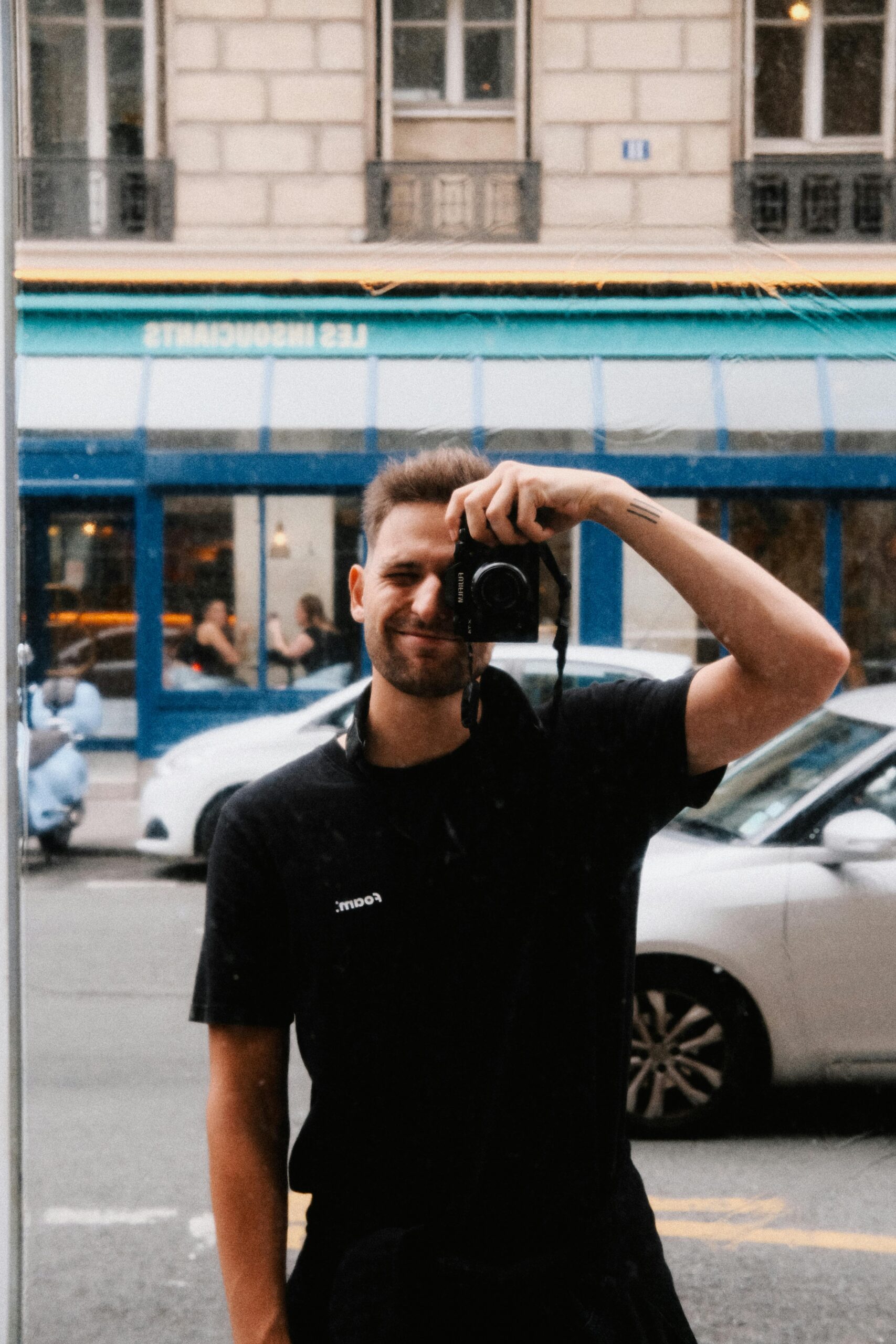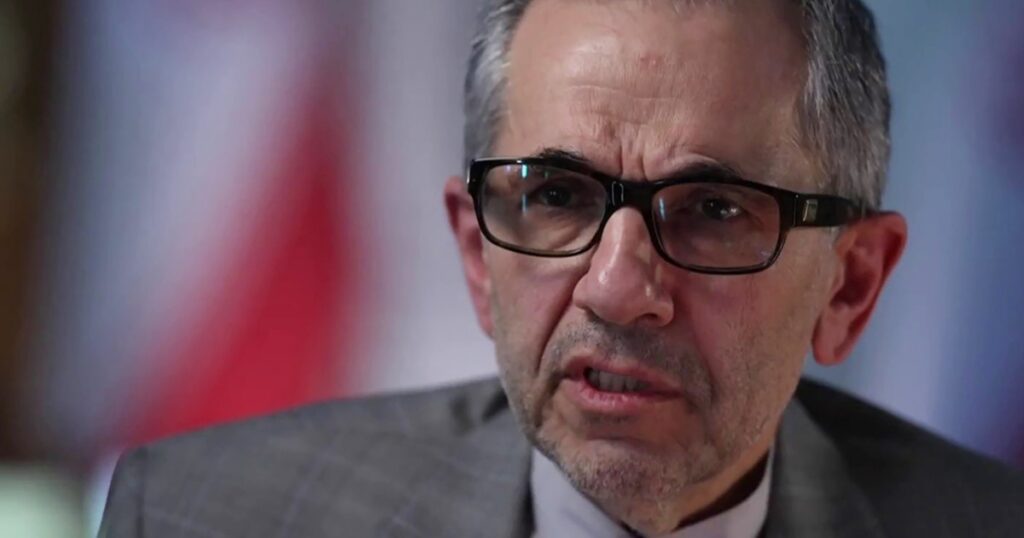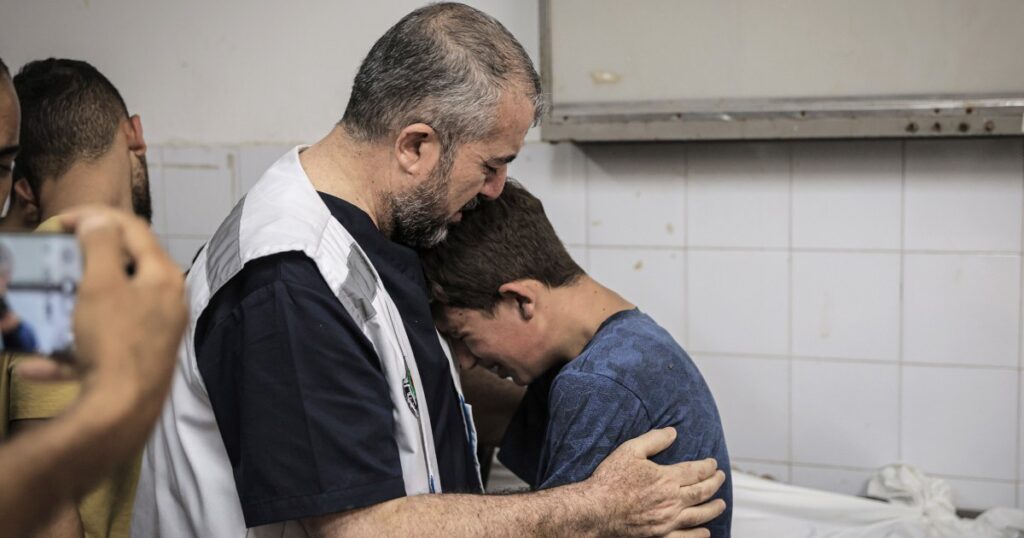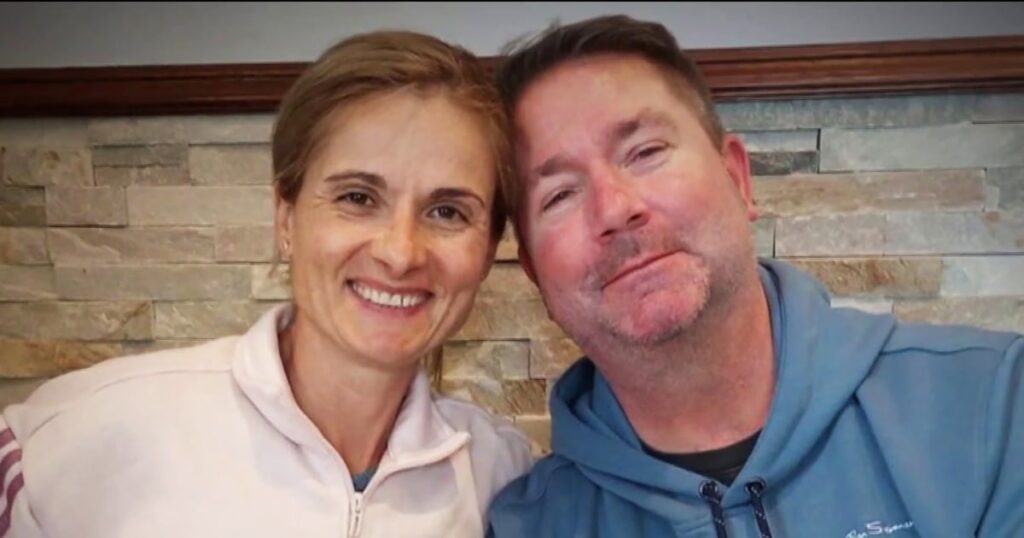Iran’s Deputy Minister Questions U.S. Trust Amid Tensions
Takht-Ravanchi articulated his frustration regarding missile exchanges occurring while Iran was engaged in discussions with the Trump administration about its nuclear program. The country had been reducing its uranium enrichment as part of the 2015 Joint Comprehensive Plan of Action (JCPOA) with the United States, a commitment that effectively ceased following Trump’s withdrawal from the agreement in 2018.
“How can we have faith in the Americans?” the deputy minister questioned. “They need to clarify why they misled us and why they undertook such reprehensible actions against our nation.”
Nonetheless, he indicated that Iran remains open to future negotiations.
“We advocate for diplomacy and dialogue,” Takht-Ravanchi stated. However, he emphasized the necessity for the U.S. to demonstrate that it would refrain from military aggression during negotiations. “This is crucial for our leadership to consider the possibility of a new round of discussions.”
Iran asserts that it does not seek to develop nuclear weapons, and as a signatory of the Nuclear Non-Proliferation Treaty (NPT) of 1970, it possesses the right to enrich uranium for civil nuclear energy purposes.
Concerns have, however, arisen among the United Nations’ International Atomic Energy Agency (IAEA) and other monitoring organizations as Iran has increased uranium enrichment to 60%—approaching the 90% level required for weaponization—following the breakdown of the agreement with the U.S.
“Our stance on enrichment remains unchanged,” Takht-Ravanchi confirmed. “Iran is fully entitled to enrich uranium on its soil. The only stipulation is that we do not pursue militarization.”
He stated that Iran is “prepared to engage with others to discuss the parameters, extent, and capabilities of our enrichment initiative.”
In response to IAEA chief Rafael Grossi’s observations regarding the possible relocation of Iran’s 880 pounds of highly enriched uranium prior to U.S. strikes, Takht-Ravanchi refrained from elaborating.
“I cannot disclose the whereabouts of those materials, and I will leave it at that,” he remarked.
>>>
Source link

Passionate journalist and digital news editor with a keen eye for global affairs and emerging trends. As the founder and lead writer of RSS News US, he is dedicated to delivering accurate, insightful, and engaging content to readers seeking trustworthy news in a fast-paced world.


